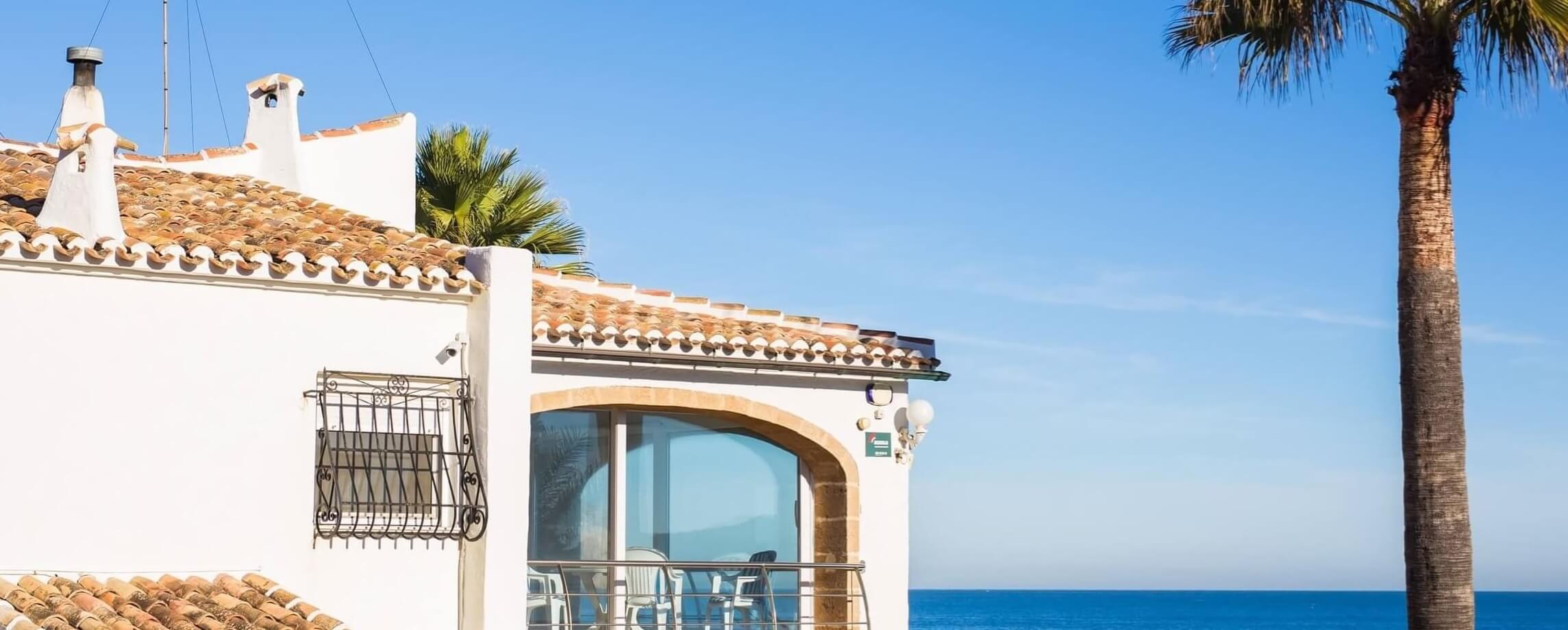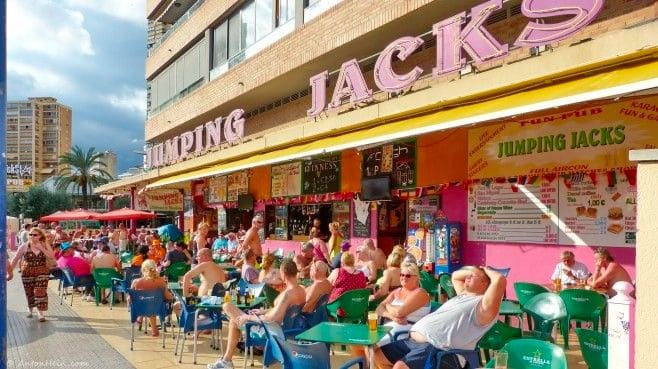If you are in the process of selling or thinking about selling a Spanish property, you’ll need to consider the Plusvalia tax. This is a local tax charged by town halls when a homeowner sells a property.
The municipality will calculate how much plusvalia is due depending on the property’s rateable value and how many years have passed since the current seller bought the property.
The name “plusvalia” translated means “plus value”. It applies only to the land on which the property is built rather than the property itself. So if when you bought the property, the land had a value of 30,000€, but at the time of resale is valued at 70,000€, you are liable to pay tax on the increased value, in our example, 40,000€.
Town halls view the rise in value will be partly due to improvements made to the town and the property’s local surroundings, and therefore, use the tax to claw some local investment back. So if the town hall has invested in children’s play areas, improved the public transport to the area, or added other public services, they consider they have increased the value of the land for potential new owners arriving in the neighbourhood.
How is Plusvalia Calculated?
The amount payable depends mostly on how long the seller owned the property; the more years, the higher the tax, with a maximum cap of 20 years. Only full years count, so if when you sell, you have owned the property for under a year, you will not be charged plusvalia.
The part of town where your property is located will also affect the rate, along with the square metreage of the land.
The rate applied varies quite considerably from town to town, so to find out exactly how much you should pay, you are advised to consult a local tax expert, or your estate agent should be able to give you a realistic estimate.
The plusvalia tax only applies to urban land; if you live in a remote rural location, you will not be charged plusvalia.
Who Pays the Plusvalia Tax?
Legally, the seller is liable to pay plusvalia, but in practice, sometimes a seller will negotiate that the buyer pays. For example, if a vendor is selling a property at a bargain price and has several interested parties ready to buy, he could give preference to a buyer willing to pay the tax. However, if the property market is stagnant and buyers are hard to come by, it is unlikely a seller would ask a buyer to pay the tax, as it could lead to the transaction falling through.
If you are resident in Spain and thinking of selling, it is less problematic to simply pay the tax yourself because if your buyers agree to pay and then change their minds, as the vendor, you will be in debt to the tax office.
However, conversely, if the seller does not live in Spain, a buyer can negotiate to pay the tax for the seller deducting it from the purchase price. This agreement makes life more straightforward for the buyer because if a seller who lives abroad decides not to pay, the taxman will chase the new owner for the amount due.
How to Pay the Plusvalia
After a property transaction is finalised, you have 30 days to pay the plusvalia tax at your local town hall. Failing to pay within 30 days will result in financial penalties and possibly an embargo on your bank account, so it is important that you don’t forget the deadline.
Is the Plusvalia Tax Always Applied?
The tax is due according to the increase in value of the land. However, if you have reason to believe the land hasn’t increased in value since you purchased the property, you may be able to avoid paying.
So if you can verify that the market value hasn’t increased during your years as owner, or if the value of the land has decreased, or can show that you sold the property at a loss so did not make a profit, you may be exempt. This is a complex area, and we would advise you to consult a property or tax lawyer if you feel paying plusvalia on the sale is unjustified.






